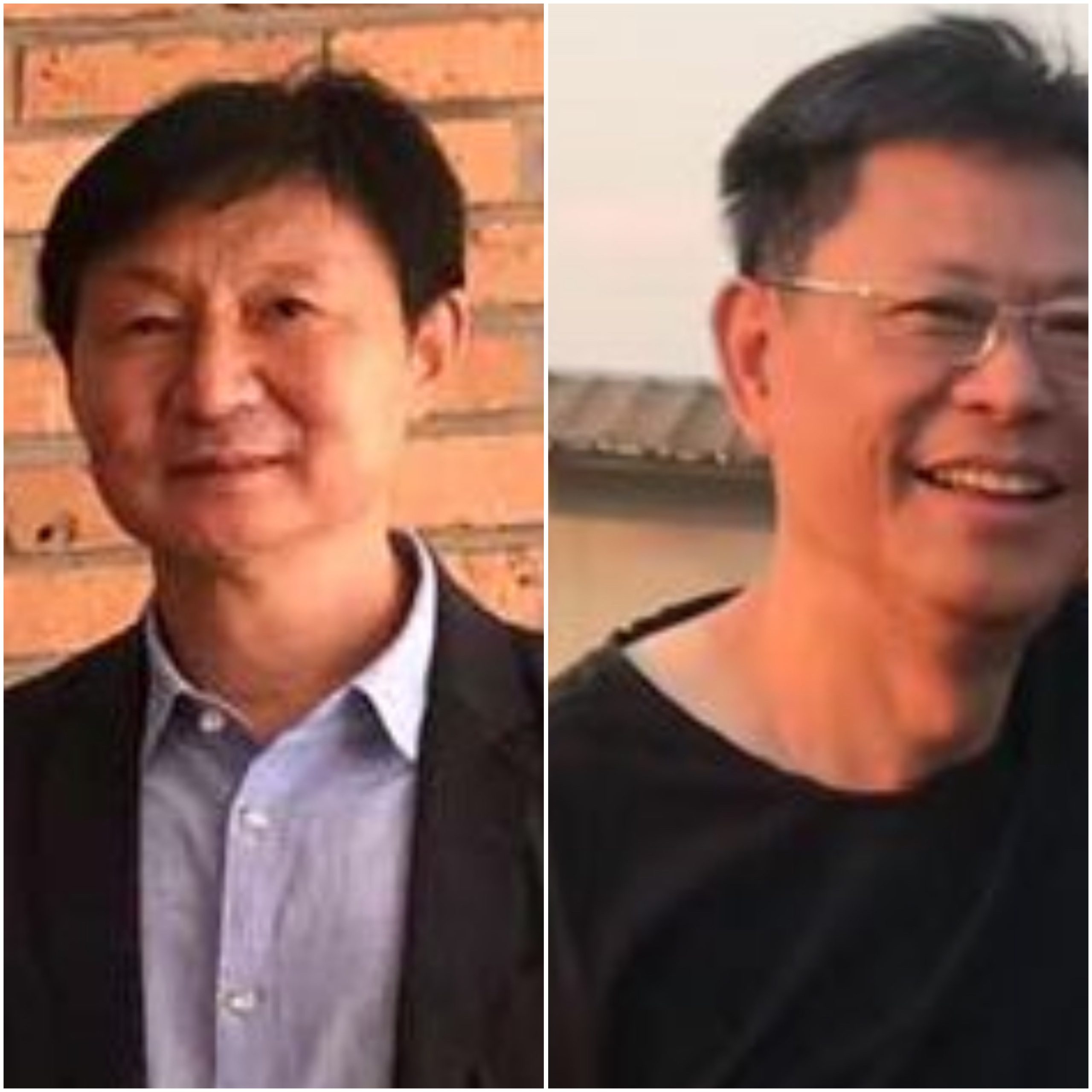This afternoon, all eyes are on Nyamirambo as the Commercial High Court prepares to deliver its final ruling in the legal battle between Chinese investor Huang Zhongkai and Union Stone Ltd, a company owned by the controversial businessman Ting Kuo-Yu. The case, which has captured the attention of Rwanda’s business community, hinges on allegations of unpaid dividends, unauthorized use of machinery, and blatant breaches of a business partnership agreement.
Huang Zhongkai entered into a seemingly promising partnership with Union Stone Ltd in 2021, investing RMB 8.48 million (around RWF 1.6 billion) to import specialized machinery and establish a factory to serve Rwanda’s growing construction sector. Ting Kuo-Yu’s company was tasked with running day-to-day operations, while the contract clearly outlined the rights and obligations of each party: Huang would retain ownership of the machinery, while Union Stone Ltd would oversee mining operations.
But what began as a mutually beneficial venture quickly unraveled. Huang accused Union Stone Ltd of failing to pay his share of the profits as outlined in the contract and of continuing to use his machinery without authorization after the partnership dissolved in April 2023. The accusations didn’t stop there. Ting has been linked to a troubling pattern of fraudulent behavior, with allegations of scamming multiple Chinese investors in similar ventures.
In September 2024, the Commercial Court ruled partially in favor of Huang, awarding him over RWF 65 million in compensation and ordering the return of his machinery. However, the court stopped short of granting him profits from 2023 and 2024 or reimbursement for taxes and accessory costs tied to the equipment. The ruling left many wondering why the judges chose to ignore key provisions in the contract—provisions that explicitly guaranteed Huang’s claims.
The case has now escalated to the Commercial High Court, where Huang is seeking justice and answers. Why were critical terms of the contract dismissed? Was it an oversight, or did other factors influence the court’s decision to undermine a binding agreement?
As the High Court gathers in Nyamirambo, the stakes are immense. The ruling will not only shape the outcome of this contentious dispute but also send a message to investors about the reliability of Rwanda’s judicial system and its commitment to honoring contracts. For Huang, it’s a chance to reclaim his rights. For Ting, it’s an opportunity to salvage his reputation. For the judiciary, it’s a moment of reckoning.
This is more than a legal battle—it’s a test of integrity, accountability, and the balance of power in business partnerships. The verdict expected today could ripple far beyond the courtroom, shaping the future of investor confidence in Rwanda.



















